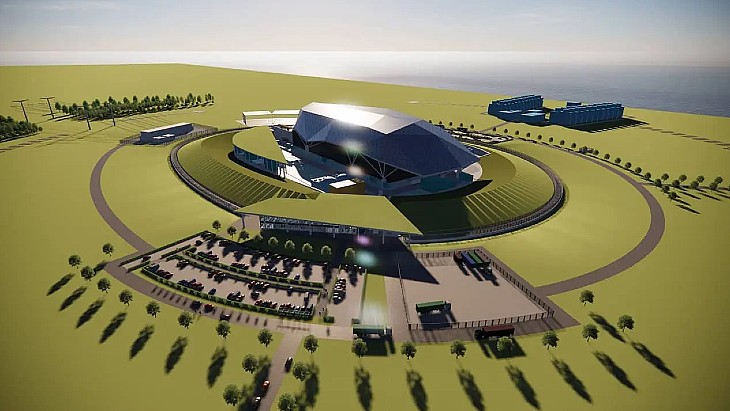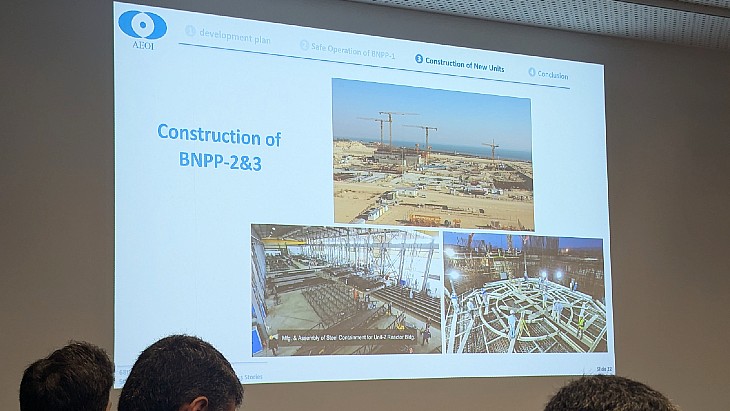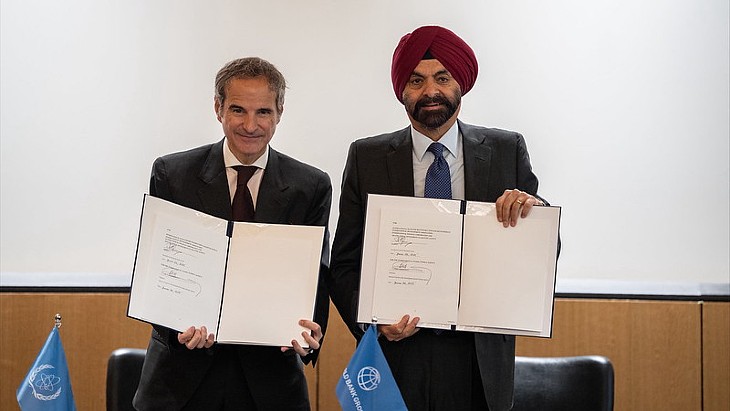Wide interest in small reactor plan, says CNL
Canadian Nuclear Laboratories (CNL) has released a summary report of its request for expressions of interest on small modular reactors (SMRs). Responses were received from 80 organisations, including 19 expressions of interest in siting a prototype or demonstration SMR at a CNL site.
The Canadian nuclear science and technology organisation earlier this year released a long-term strategy including the goal of siting a new SMR on its Chalk River site by 2026. It issued the request on 1 June, to inform the conversation on the potential for an SMR industry in Canada and CNL's potential role in bringing SMR technology to market. The request for expressions of interest (RFEOI) closed on 31 July.
CNL has now reviewed and analysed the submissions received through the request. On 17 October, it released a summary of its findings. The report - titled Perspectives on Canada's SMR Opportunity - was issued during an industry-focused vendor roundtable discussing SMR deployment on the sidelines of Natural Resources Canada's Generation Energy Symposium in Winnipeg. The event, hosted by CNL, discussed the obstacles and opportunities in deploying SMR technology in Canada.
In total, 381 organisations and individuals were represented in the 80 submissions. Of these, 51 responses were received from Canada, followed by 11 from the UK and nine from the USA, with the remainder from countries in Europe, Asia and South America. Twenty-two responses came from reactor developers; 27 from companies in the nuclear supply chain; five from utilities and other endusers; 12 from academic/research institutions or other agencies; and 14 from communities and individual contributors.
"While submissions came from a variety of organisations representing the feedback of a diverse group of interested parties, there were areas of general agreement, including the positive economic benefits to Canada, alignment with Canada's commitment to fight climate change, important applications for remote communities, and the potential to enhance nuclear safety through next-generation nuclear technology," CNL said.
A number of "important challenges" were raised by respondents, CNL said. These include funding for technology development and demonstration, social acceptability, the business case, and government and regulatory support.
CNL said that, as a result of the RFEOI, it now has better information on what the needs are of an SMR industry, and of an SMR initiative at CNL. "Over the coming months we will include the information obtained through this RFEOI to help shape CNL's SMR initiative", it said.
Corey McDaniel, vice-president of business development and commercial ventures at CNL, said: "Based on the volume and quality of responses CNL received to the RFEOI, it is clear there is enormous interest in establishing an SMR industry in Canada, and in testing the technology through a prototype reactor at a CNL site. The information we have received through this exercise has been invaluable, giving us better visibility on the requirements for SMRs to be successful in Canada, and will help shape our program in the years ahead."
CNL's Chalk River Laboratories in Ontario is the home to the National Research Universal (NRU) reactor, which is due to close down on 31 March 2018 after 60 years of operations. During that time, the NRU has been one of the largest and most versatile high-flux research reactors in the world, and an important supplier of medical isotopes. Over the next 10 years, the site is to be developed to support the nuclear research needs of the Canadian government and the science and technology needs of the Canadian and global nuclear industry.
Researched and written
by World Nuclear News
_92619.jpg)


_84504.jpg)





..._58412.jpg)

